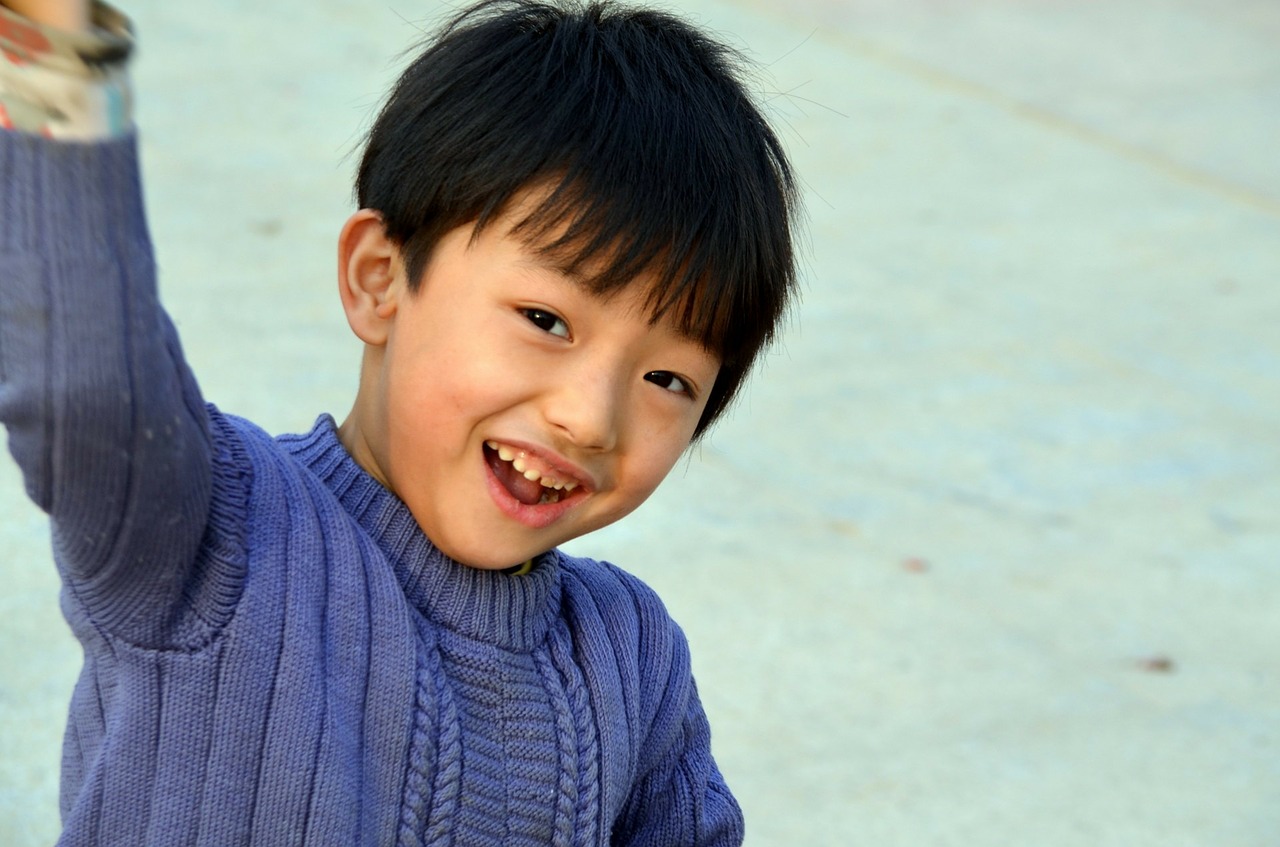The current state of the world calls for a different set of mental preparedness for children. In the middle of social distancing and Covid-19, most children’s activities are restricted to single digit participants. One must be certain that when children come home, they will not be bringing the virus with them.
Vacation care and Out of school hours (OOSH) providers have to agree with and fulfill certain health regulations in order to operate. This ensures the children’s physical health and safety. Isolation and restriction can sometimes be damaging to their mental wellbeing. Mental and emotional wellness usually is tied with their contact and association with children their age. This play and interaction is a huge part of a child’s mental development. Having playmates gives a child a chance to be socially adept and develop social skills. Through play kids can set goals, learn teamwork, and effectively communicate. But in recent months, the threat of Covid-19 has forced social distancing and minimal social interaction for all ages. This means even children have to forego their social life.
 Despite countless reminders and talks with children, in the peak of their play they might forget that they are supposed to be cautious and not wear masks and to be six feet apart from their playmates. Or being such good friends, they might swap and give their masks to their friend and just remember getting it back when time to go home comes by. This is why most parents opt teaching their children hobbies does not require playmates.
Despite countless reminders and talks with children, in the peak of their play they might forget that they are supposed to be cautious and not wear masks and to be six feet apart from their playmates. Or being such good friends, they might swap and give their masks to their friend and just remember getting it back when time to go home comes by. This is why most parents opt teaching their children hobbies does not require playmates.
Included in this list is reading, baking, cooking and learning musical instruments. Painting and single person sports (swimming, gymnastics or table tennis) can be learned and practiced. A hobby is by no means equal to having playmates but in a pinch it can serve as something to do while people are being asked to stay at home for their safety.
While we hope for the day that things will go back to normal, idle time for both adults and children needs to be spent creatively and actively. In doing so, chances for depression diminishes and not knowing when normal will come back, a skill or two will be learned or enhanced.
